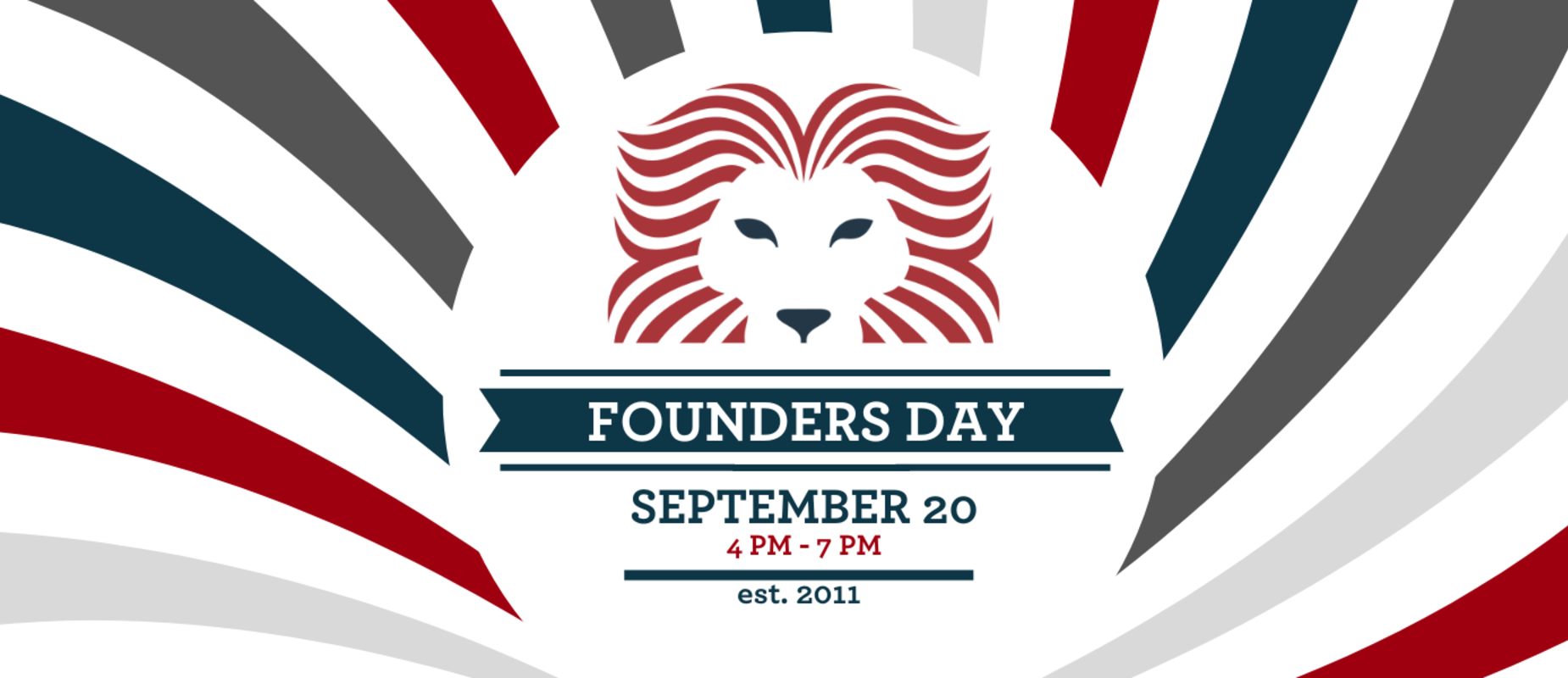Holidays and Holy Days
Spring Bank Holiday and Memorial Day
In the United Kingdom, eight official Bank Holidays are sprinkled throughout the year, generally on Monday. These Bank Holidays are parliament-approved national holidays, but their roots tend to be found in traditional Christian or agricultural holidays and festivals. This Monday, May 30 is Spring Bank Holiday in the UK. This holiday used to be the first Monday after the Christian celebration of Pentacost, and a day known as Whit Monday (June 6 this year). In 1971, however, parliament moved this Bank Holiday to the last Monday in May.
In the United States, Monday will be Memorial Day. According to the US Department of Veterans Affairs, after the US Civil War it became common in many localities to set aside a day in May to commemorate those who died in the war. This day was frequently called “Decoration Day”, as the graves of war dead were decorated with flowers and other memorials. After World War I, the day was expanded to commemorate those who had died in all US wars, and in 1971 the US Congress designated the last Monday in May as Memorial Day, an official national holiday.
LGBTQ+ Pride Month
June is recognized as LGBTQ+ Pride Month. The origins of this observance lie in the Stonewall Inn riots of June 28, 1969. The next year, in commemoration of the riots, activists in organized a Gay Pride Week and the Christopher Street Liberation Day Parade in New York City, which eventually became the New York City Pride March and sparked similar observances around the world. President Bill Clinton first recognized June as Pride Month in 1999.
Shavuot
Shavuot, the Jewish “feast of weeks,” begins the evening of June 4 and continues through June 6 (2022). This feast is held seven weeks after the second seder (or meal) of Passover. Its beginnings are rooted in an ancient harvest festival, but its main religious association is with God’s delivery of the Ten Commandments to the ancient people of Israel.
Pentecost
This year, Pentecost for Western Christians took place on Sunday, May 31 , and for Eastern Orthodox Christians it takes place on June 5 (2022). Also known as Whitsunday, the 7th Sunday after Easter is known as Pentecost, and commemorates an event described in the Christian Bible when the holy spirit descended upon the followers of Jesus. It is seen as the birth of the Christian church. The Greek word “Pentekostos” means “50,” representing the fact that Pentecost takes place 50 days after Easter. Easter was originally tied to the Jewish commemorations of Passover, and Shavuot occurs 50 days after the second seder of Passover. Thus many scholars believe that the holy spirit descended upon the followers of Jesus as they were gathered in celebration of Shavuot.
Eastern Orthodox All Saints Day
In Eastern Orthodox churches, All Saints Day (which is generally observed on November 1 by Western Christians) is observed on the first Sunday after Pentecost. This day, on June 19 (2022), commemorates all known and unknown Christian saints.
Flag Day
June 14 is Flag Day. According to USFlag.org, the idea of celebrating the “birthday” of the US flag originated in 1885 when a Wisconsin teacher had pupils commemorate June 14, chosen because 108 years earlier the “stars and stripes” flag had been officially adopted by the US Congress. The commemoration spread, and in 1916 Woodrow Wilson proclaimed June 14 to be “Flag Day”, and in 1949 President Truman signed an Act of Congress officially designating the day. So fly the stars and stripes on June 14!
Juneteenth
On June 19, 1865, United States General Granger landed in Galveston, Texas with news that the US Civil War had ended with the surrender of the Confederacy to the Union, and all slaves in Texas were now free.
Celebrations of this date were coined “Juneteenth” which is typically celebrated with a variety of activities, which according to Juneteenth.com include “rodeos, fishing, barbecuing, and baseball.”
Fathers Day
June 19, 2022 is a day for children of all ages to show appreciation for their fathers and father figures. Mothers Day came first, with the first recognition going back to the 1860s and becoming a national holiday in 1914. According to the Readers Digest website, the origins of Fathers Day lie begin in “1908 when a church in West Virginia held a sermon to honor 362 men who were killed the previous year in a coal mining explosion.” The next year, a woman named Sonora Smart Dodd began working for the establishment of a national Fathers Day. It was celebrated in her home state of Washington in 1910, and then spread from state to state, but did not become a national holiday until President Nixon signed a 1972 law.
Around the world, Fathers Day is commemorated on different dates. In Europe, like in the United States, Fathers Day is the third Sunday in June. In Australia and Fiji it is the first Sunday in September, and in South America it is generally March 19.
Summer Solstice
June 22, 2022 is Summer Solstice in the northern hemisphere, the date when the sun at its zenith is farthest from the equator and the day is longest. In the southern hemisphere, this date is winter solstice, and the day is shortest.







